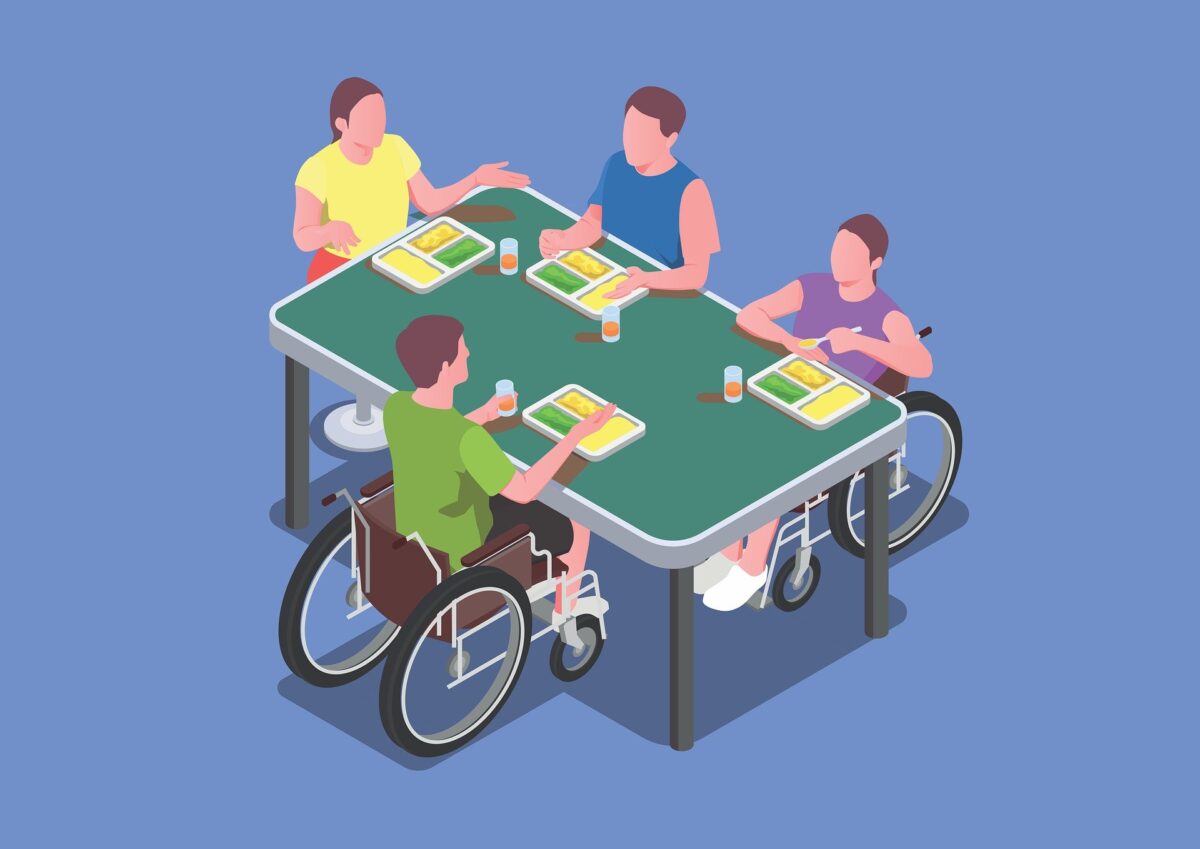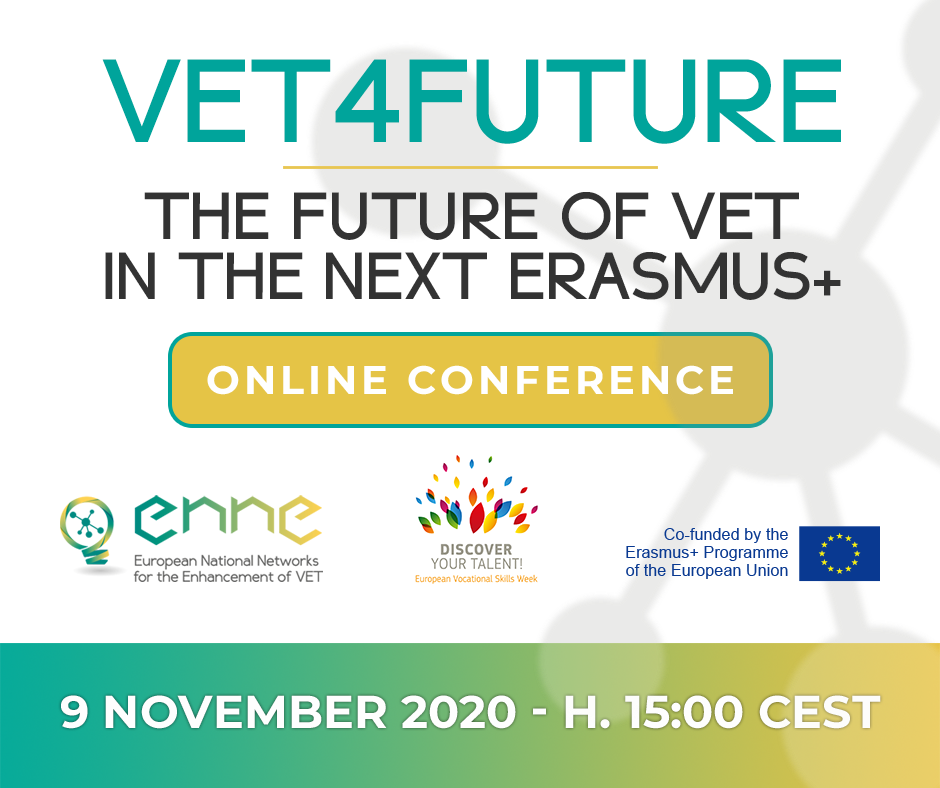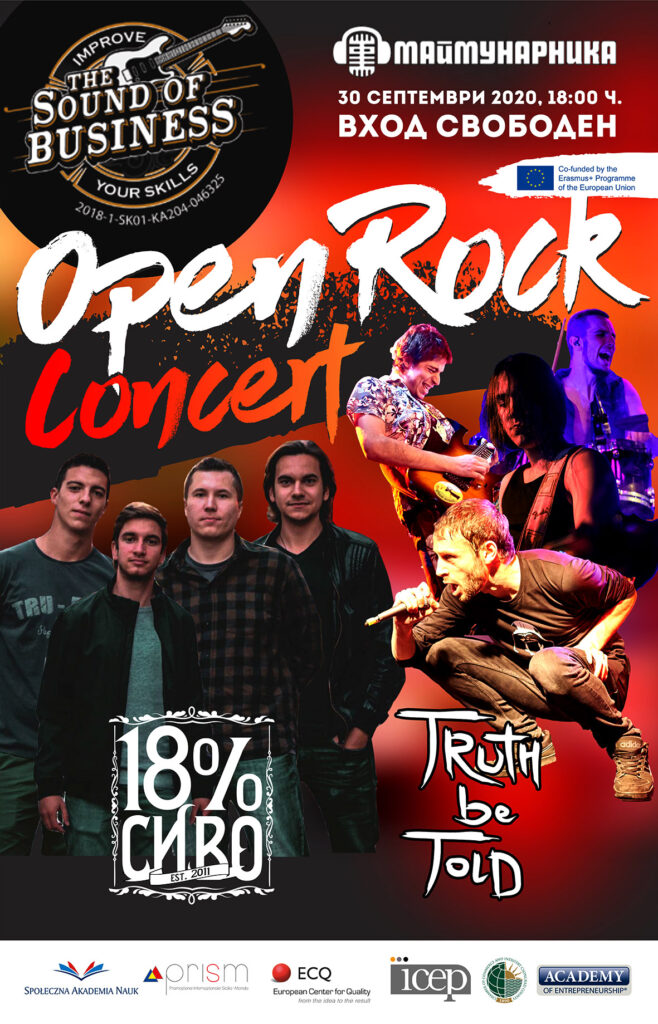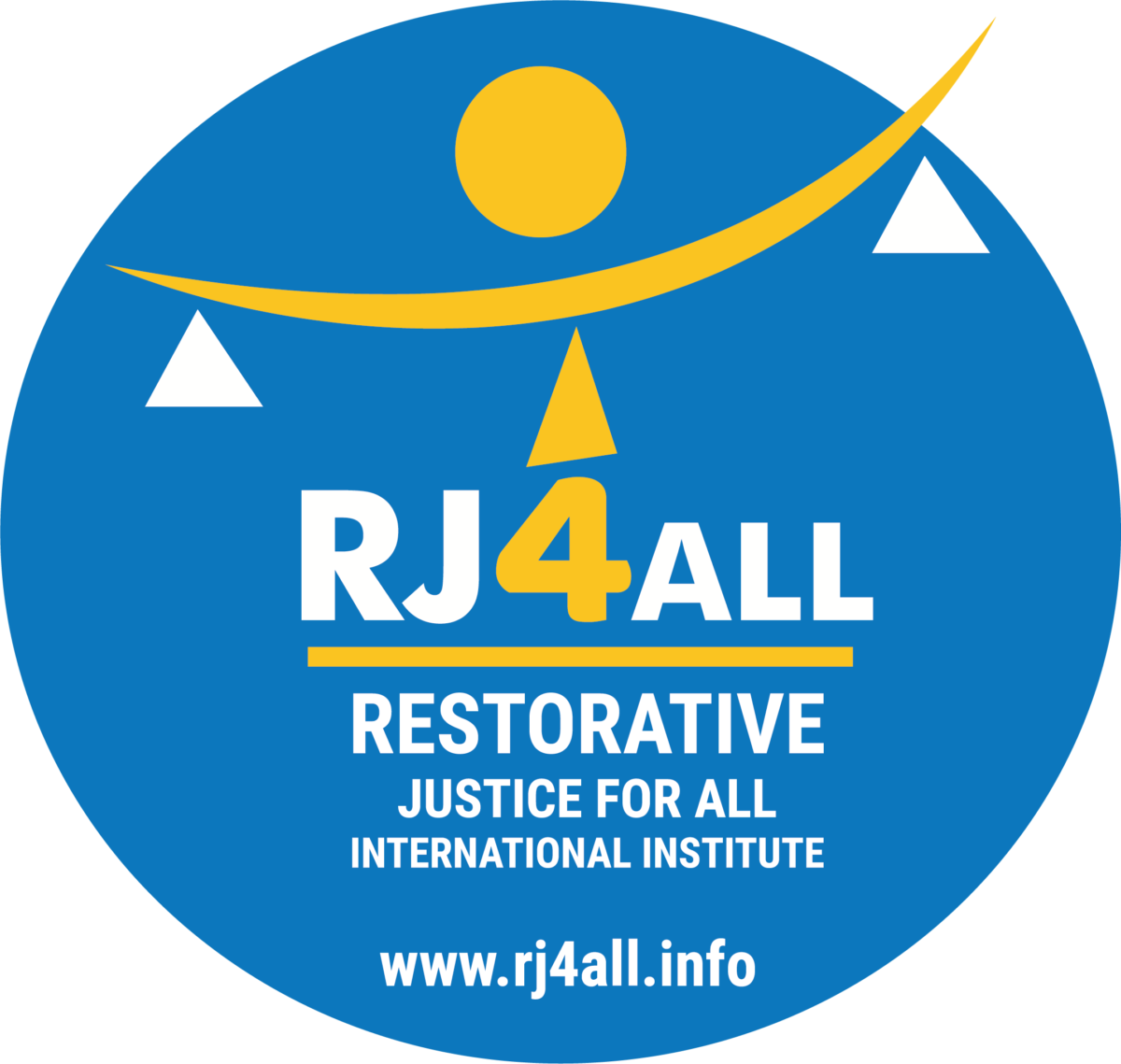To celebrate the formal establishment of the 5 VET networks, ENNE’s project partners have decided to organise an online Conference, during the European Vocational Skills Week, to foster a first meeting between their VET communities, where they could interact and work towards their common goal – the Enhancement of VET quality and attractiveness.
Arts & Skills was responsible for moderating the thematic session “Recognition and Validation of Competences in Work Based Learning”.
National or international WBL programs are targeted to bridge the gap between the learning environment and real work environment, and different WBL strategies provide career awareness, career exploration opportunities, career planning activities and help students attain competencies such as positive work attitudes and other employable skills.
The recognition and validation of competencies in WBL environments refer to the identification and appreciation of the skills and competencies that an individual acquires through a work-based learning experience.
Although, WBL experiences can have different forms ((apprenticeship, internship, service learning, school-based enterprise, or industry projects) they should be well planned, monitored and assessed properly to become relevant for
The European Credit System for Vocational Education and Training (ECVET) is one of the most relevant EU frameworks developed to help the VET community implementing high-quality WBL programs:
- ECVET provides a framework for the assessment, validation and recognition of learning outcomes, alongside a series of common tools and instruments able to support quality in mobility.
- ECVET promotes the integration of mobility into existing learning pathways.
- ECVET contributes to the development of a common language for use by different VET stakeholders and promotes mutual trust within the wider VET community.
- ECVET supports the valorisation of key competences (such as foreign language skills or intercultural competence) alongside those that are more technically – or vocationally – oriented.
The implementation of ECVET was referred during the best practices presented by six of our network members, from Portugal, Italy and Germany, who shared with the audience good practices implemented by their VET organizations and related to WBL experiences.
Ms. Sonia Barani, from the “Italienische Handelskammer für Deutschland”, Germany, presented the MeMeVET project (mechatronics and metallurgical VET for sectors’ industries) and its outcomes. The project, implemented in 5 countries (DE, IT, ES, BG, SK) aimed at tackling some of the main issues impeding free mobility of workers and VET learners of the sector in Europe. One of the main issues is related to the difficulty of having one’s competencies and know-how recognized in another EU country. Another one, concerns the gap between the training and learning offer of VET institutions and the real needs of the labour market.
Ms Joana Soares from EP Felgueiras, Portugal, shared with the participants their experience in VET-Business cooperation at local and regional level concerning Curriculum development; Matching supply and demand of technicians; Development of technological devices (e.g. Robots) for the local industry; Social Inclusion and Monitoring of trainees after the completion of the course.
Ms. Margherita Battaglini, from ITE SCARPELLINI – Foligno, Italy, offered an overview of their experience with the implementation of ECVET not only on Transnational, but also National WBL experiences.
Ms. Alessia Montanucci, from I.O. Salvatorelli Moneta Marsciano, Italy, presented a mobility experience developed in Malta in 2019, that involved 15 students from the 3rd and the 4th year of high school. The internships were held at local businesses: museums, shops, state agencies, cruises for tourists, etc. which she had the opportunity to accompany for the whole training period.
From Portugal, Mr. Edgar Costa, from Vocational School Bento Jesus Caraça, shared how they adapted mandatory WBL experiences that should have been developed in a real working context, to a successful simulated business context due to the confinement imposed by COVID 19.
Mr Ferenc Naacke from “Berufliches Schulzentrum für Wirtschaft in Dresden, Germany, presented the “Healthy Lifestyle” Project and the approach that allowed their organization to implement 70 internships abroad, in 8 different countries, for students from the Social Insurance Course, whose training focuses mainly on administrative work of social insurance clerks, but not on the background knowledge in advising insured people on the prevention of diseases.
This session showed us how diverse work-based learning strategies can be and how multiple approaches can be addressed by VET organizations to improve and enhance VET quality and attractiveness.
We hope we have brought some inspiration to our audience for further projects and cooperation among our VET Community.
Recognition and Validation of Competences in Work-Based Learning: Resources available











